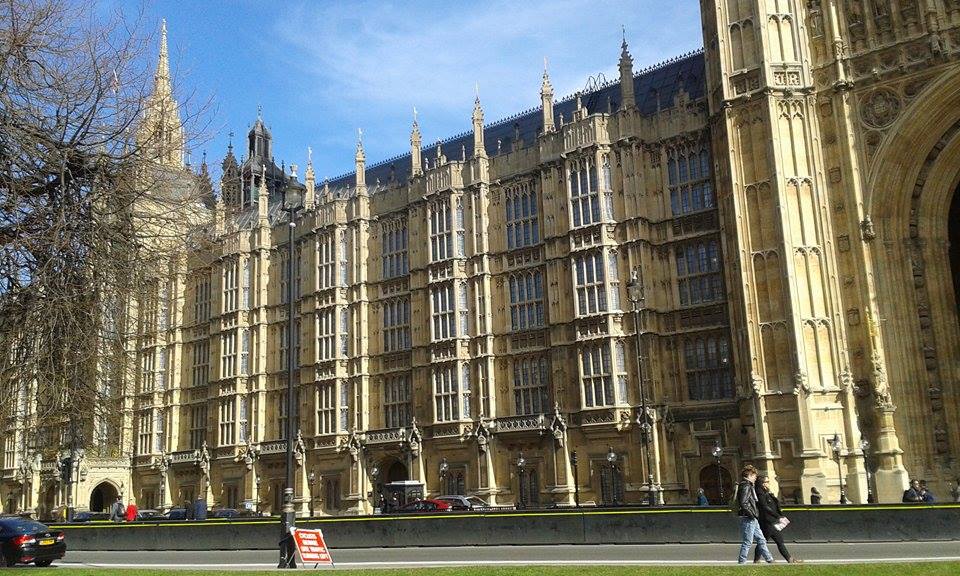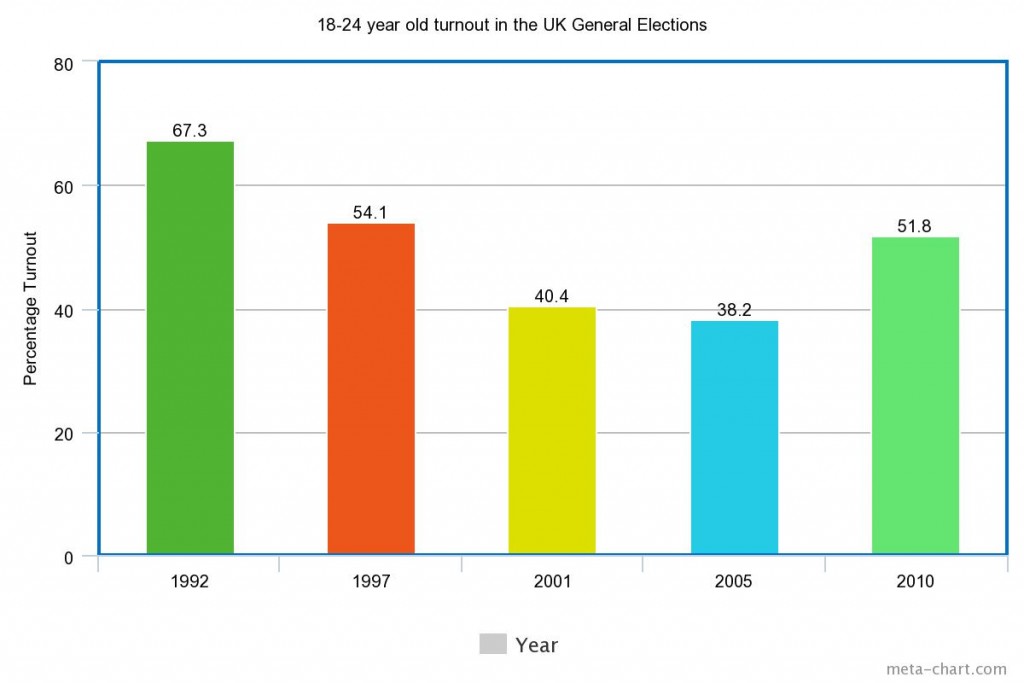
30 Apr Can a digital democracy save the democratic decline?
Electronic voting to be introduced in the UK by 2020, as voters’ numbers diminishes. Can online voting encourage citizen’s engagement with politics? Chloe Dobinson investigates.
Only 56% of 18-24 year olds registered to vote in the 2010 general election with political activist Russell Brand recently admitting to having ‘never voted’ believing most people are ‘disenchanted’ by politics.
Open Up, a report submitted by Speaker Jon Bercow, plans to encourage young adults into the political system through online voting, following the 80% turnout of 18-24 year olds in the Scottish referendum.
We can shop, bank and socialize online so why is e-voting not in place?
Saying goodbye to polling stations, by voting through the click of a mouse, can boost the youth turnout to 1.8 million, up to 70%. (Viral Voting)
Campaign group WebRoots Democracy believes accessibility, to those with disabilities and visual impairments will boost the turnout to 79%.
Online voting has the potential to enfranchise voters who are ‘currently locked out the current voting methods’, helping to connect with an audience who are becoming an ‘increasingly digital’ population in the UK.
But it is not only convenience. According to the think tank Viral Voting, an organisation offering advice on political issues, removing the paper ballot by a third of the cost involved. Paper saving and the decline in voting numbers could save up to £12.8 million.
Piloted in countries such as Estonia, Belgium and the US; why is the UK not keeping up in a digitally literate world?
The democratic decline, of fewer voters going to the polls and introduction of online voting, would ensure convenience with 65% of the public in favour of the new voting process. (Viral Voting)
Banishing polls cards and moving online ‘isn’t the battle’ in why electorate’s should vote, as founder of WebRoots Democracy Areeq Chowdhury believes ‘taking the time’ to voice the public’s citizenship can make a difference.
There is still resistance in e-voting as Professor Bob Watt, who gave evidence at the Open Up Commission, believes there are still flaws in security.
He continues, online voting will not ‘permit’ with the public, with the influence of others in their political decision.
Despite widespread public support, Watt believes revolutionising the voting process cannot deliver a ‘secret and secure’ system, with electronic devices leading electorates to ‘making unconsidered decisions’.
Left or right wing? Voters are still undecided as polling firm Iposos MORI suggests 50% of voters are open to changing their minds.
Columnist for The Guardian Polly Toynbee, suggests the government have ‘gone out of their way’ to make it difficult for 18-24 year olds to vote.
She continues, by registering young adults to cast their ballot ‘automatically’, through debates at colleges and universities can get them into the ‘habit’ of voting.
A system of where 18-24 year olds could vote and register on the same day would dismiss the democratic decline.
The work and pensions benefit, taxation and winter fuel allowance are policies swaying the over 65’s in a voting turnout of 76% in the 2010 general election; with growing concerns over young adult’s disengagement to politics.
Below is an audio report discussing how politicians can bridge the gap in over 65’s and 18-24 year olds in the voting turnout?
A manifesto for technology, from Labour Digital, favours an online democracy with party leader Ed Miliband planning to trial digital voting in 2020, if elected May 7.
Writing the foreword to the document, Labour’s policy co-ordinator Jon Cruddas, sees young people invited through sixth forms and colleges into the political conversation through creating ‘consultations digitally’ about the right to vote.
Below is a video report which discusses how we can encourage 18-25 year olds to vote in the borough of Barking and Dagenham?
The youth manifesto, which will be released in time for the 2015 General Election on May 7, sees the online voting process aligned with how digitally literate the public live.
He continues, the transformation of politics through online voting would be more ‘accountable and demanding’ for politicians, by insuring young adult’s voices are heard across the nation.
- (copyright:Chloe Dobinson)
- (copyright:Chloe Dobinson)
- (copyright:Chloe Dobinson)
- (copyright:Chloe Dobinson)
- (copyright:Chloe Dobinson)
- (copyright:Chloe Dobinson)
- (copyright:Chloe Dobinson)










